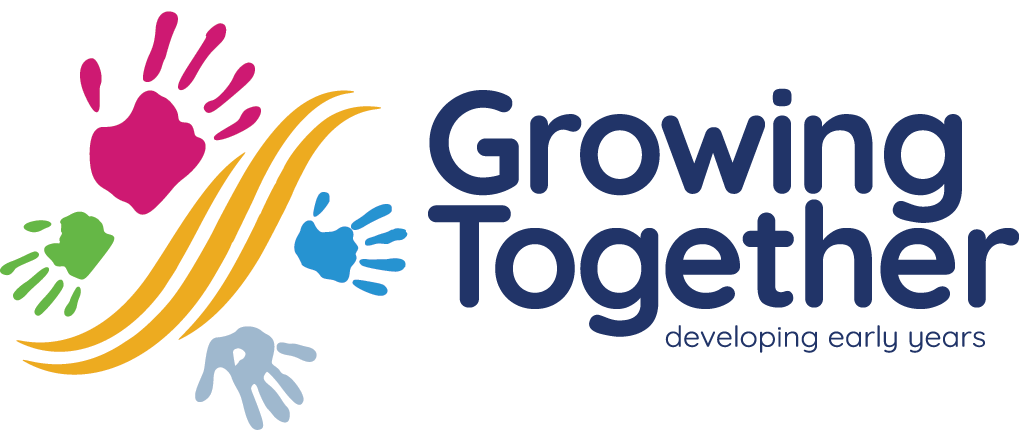5 Top Tips for Parents: To help their child be ready to start school.
As a parent or carer, we can often feel a lot of pressure around getting our children ‘school ready’. We might have well intentioned parents, grandparents’ friends, who start conversations with “When so-so started school they were writing their name!”. As we live in a society that loves to compare and shows everyone’s best lives not their struggles this can often leave people feeling unsure, or like we are not doing good enough.
In our previous blog what is school readiness (read here), we discussed how school readiness is much more then perhaps the societal perceptions that have been held for many years. But actually, it is making sure that children have the underpinning communication and language, personal social and emotional and physical development in order to be ready to start school. So, for example, they can listen and follow instructions, they can express their wants and needs to others, they have good large and small physical movements, and they can play alongside others.
1. Share books – Books are a great way of supporting children’s communication and language development. Also, it can help to create a love for literacy from a young age, is great for supporting personal, social, and emotional development as you bond with your child as you read. Also, books can help to support your child’s listening and attention skills.
2. Sing nursery rhymes – There is lots of research out their showing how fantastic nursery rhymes are for supporting children’s communication and language development. As well as their early literacy development. Meme Fox is often famously quoted for saying that children who know 8 nursery rhymes by the age of 4 years old are some of the best readers at the age of 8 years old.
3. Visit the park – Visit the local park and climb tree, roll down a hill, play on the swings, climb on the climbing frame and apparatus. Or take your bikes and scooters and go for a ride. Children need to have developed their proprioception, vestibular senses, and gross motor skills before they are ready to sit and show control over a pencil.
4. Support your children to dress themselves – Practise doing fastenings for example, zips and buttons on clothes so that children can do this independently themselves. Encourage children to dress themselves in the morning. Teach them how to know which way round they put their shoes on, for example, using a sticker cut in half that they have to match up to get their shoes the right way round.
5. Practise your route to school – Familiarity can help with the transition to school. So whether you will be walking, biking or taking the car practising the route to school and talking about what you see on the way can support children to become familiar and confident with the experience.
